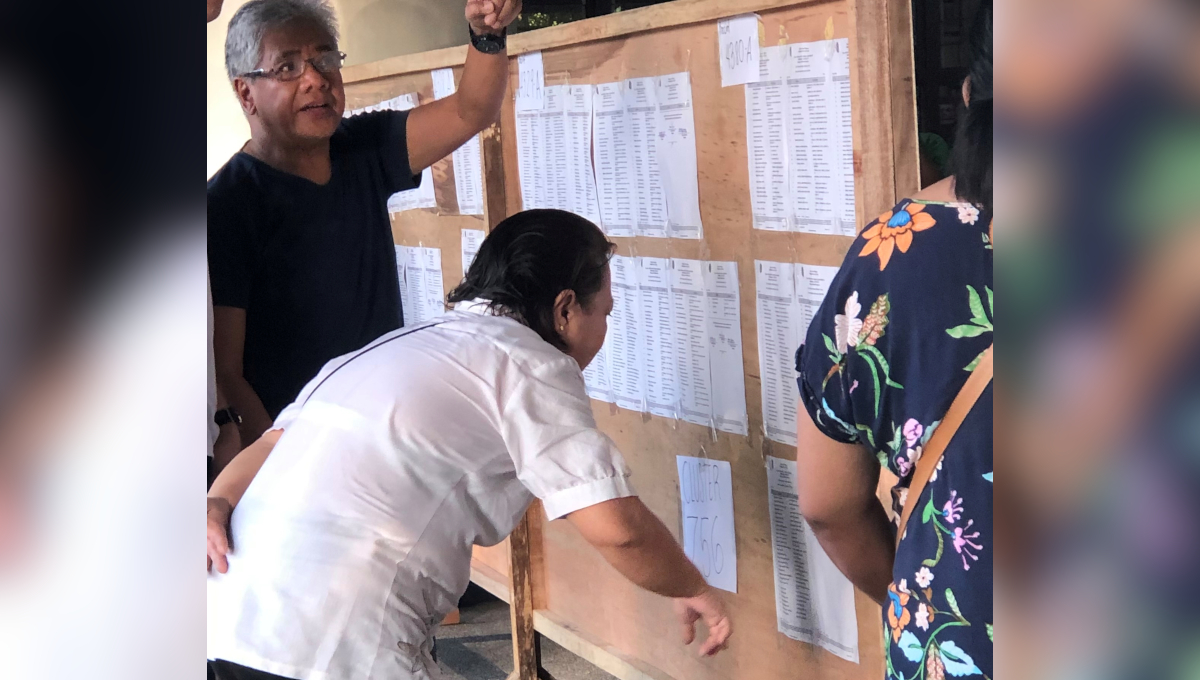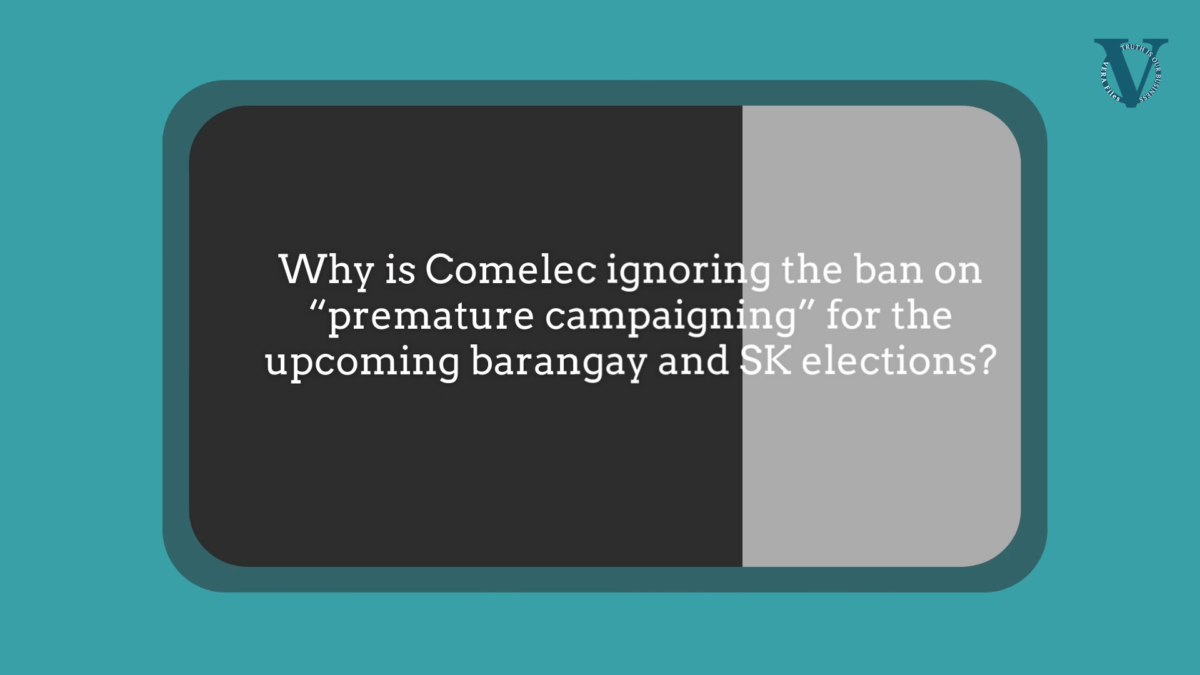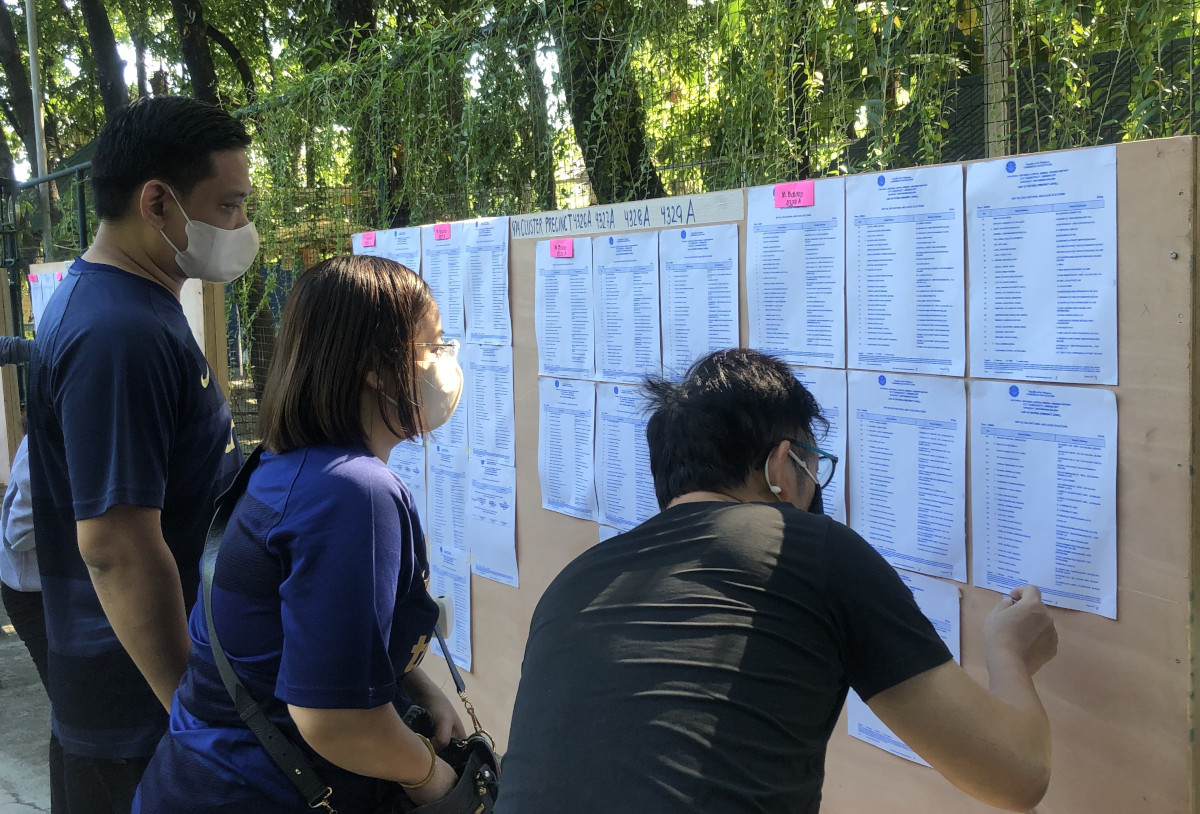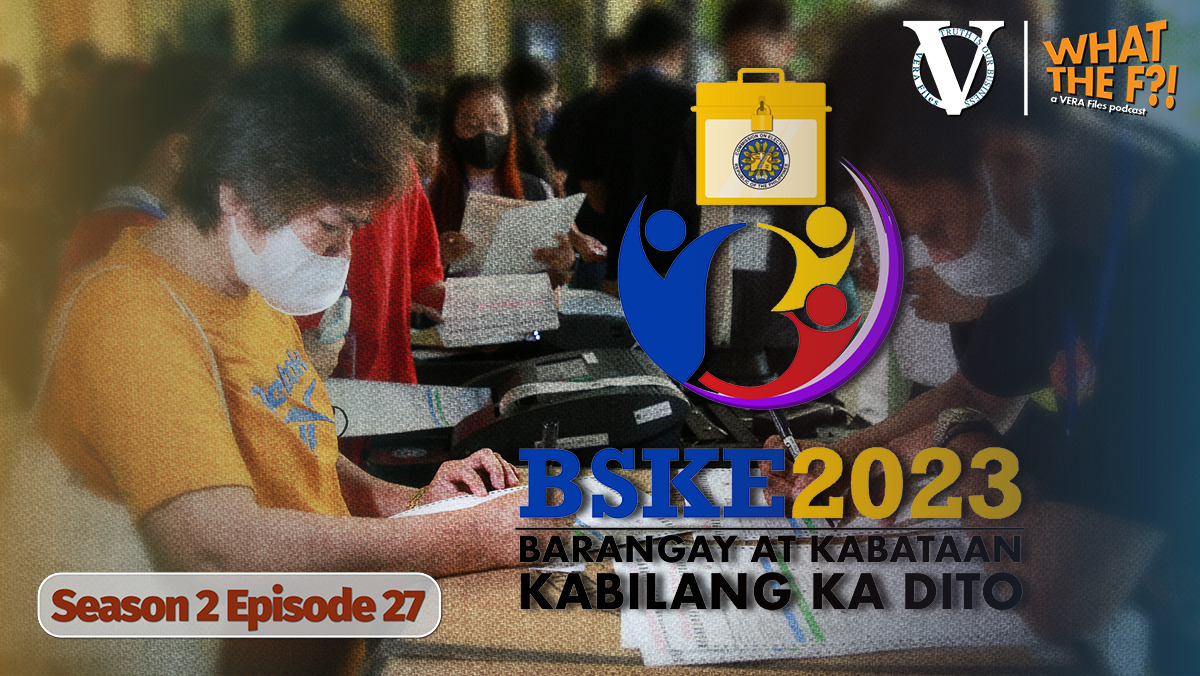After three postponements since 2018, Filipino voters will have a chance today to elect their leaders in the barangay, the country’s smallest political unit. For eight hours, from 7 a.m. to 3 p.m., we have that constitutionally guaranteed right and obligation to cast our vote for candidates who are offering to serve us.
Let’s not squander this opportunity to bring about a meaningful change in our communities. Go out and vote.
Choosing candidates for barangay chairman and council members, as well as the Sangguniang Kabataan chairman and members for those who are 15 to 30 years old, is as important as deciding on who to vote for the higher political positions such as mayor and municipal or city councilors.
What’s at stake in today’s balloting is not just about individual benefits we can get but more significantly the future of our communities because we will be casting our vote for candidates who will represent us in the higher levels of government.
Therefore, competence, leadership ability, integrity, performance record and platform are top considerations in scrutinizing the candidates. It’s not enough that a candidate is a relative, friend, acquaintance, neighbor or somebody who distributes dole outs or giveaways during the campaign.
When we go to the voting precincts today, we should have made up our mind on who are in and who are out of our ballots.
Candidates who have shown disregard for the law and other regulations, particularly in conducting their campaign, should be first to be taken out of the list. Those who were or have been involved in controversies and incidents that contribute to the disturbance of peace in the community should not deserve positions of power.
Incumbents or their relatives who abuse their positions or use public resources to advance personal interests should also be out.
The Commission on Elections (Comelec) reported that cases have been filed against 245 candidates: five for vote-buying, 173 for premature campaigning, 37 face administrative cancellation and 30 have pending appeals for various violations.
I believe these numbers are small compared to what is actually happening on the ground. These are only those whose opponents have found time to file complaints against their rivals. I would surmise that in many places, opponents do not bother going to the Comelec to file complaints because they, too, commit the same violations. Others resort to violent means to eliminate adversaries.
The Comelec has reported at least 25 incidents of election-related violence. Of these, 10 were in the Bangsamoro Autonomous Region in Muslim Mindanao, three each in Ilocos and Northern Mindanao, two each in the Cordillera, Bicol and Central Visayas regions, and one each in Calabarzon (Cavite, Laguna, Batangas, Rizal and Quezon), Eastern Visayas and Zamboanga Peninsula.
In several areas across the country, barangay leadership is controlled by families, depriving others of the opportunity to serve the communities. Perhaps Congress should revisit the law governing barangays and prohibit dynastic families from occupying multiple positions at the same time or immediate succession of family members as if the positions are passed on as something that can be inherited.
If legislators were able to institute reform in the Sangguniang Kabataan (SK) by prohibiting those who are related by blood or affinity within the second civil degree to incumbent officials from seeking positions in the SK, then they can do better by applying the same limitation at the barangay level.
Eventually, Congress can pass the long-sought-for enabling law to implement the anti-dynasty provision in Article II Section 26 of the Constitution, which says: “The State shall guarantee equal access to opportunities for public service and prohibit political dynasties as may be defined by law.”
This will serve to limit opportunistic behavior by political families and promote accountable governance. Consequently, incidents of vote-buying and other forms of election-related corruption will be a thing of the past.
Although the Comelec has launched a “Kontra Bigay” campaign to stop candidates from vote-buying, the unlawful practice remains, but most incidents are not reported because the opponents are all engaged in it. The gravity of the penalties of disqualification from public office, imprisonment of up to six years and deprivation of the right to vote don’t seem to deter buying and selling of votes.
Nevertheless, hope is not lost with the voters who should stand up for responsible citizenship and good governance. Today’s election of the barangay and SK leaders is one chance to start a meaningful change in the country’s politics.
Let’s be vigilant that those resting in the cemeteries won’t turn up in the ballots for Halloween.
The views in this column are those of the author and do not necessarily reflect the views of VERA Files.
This column also appeared in The Manila Times.



